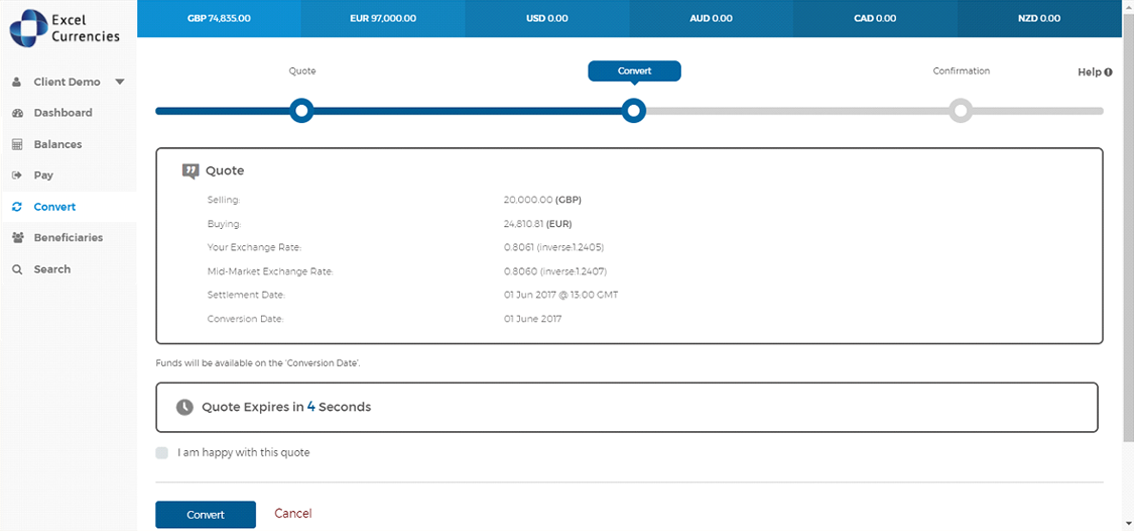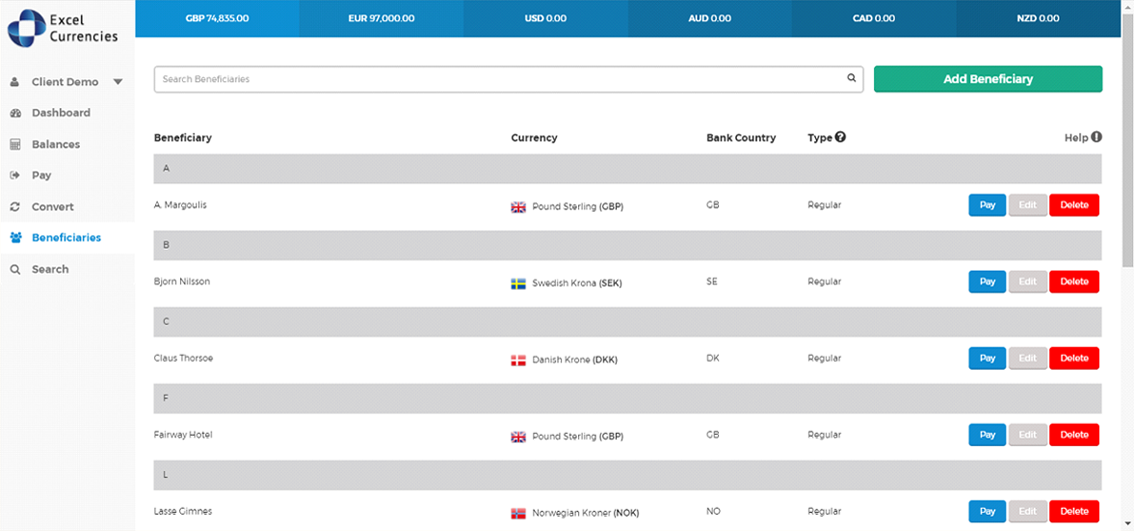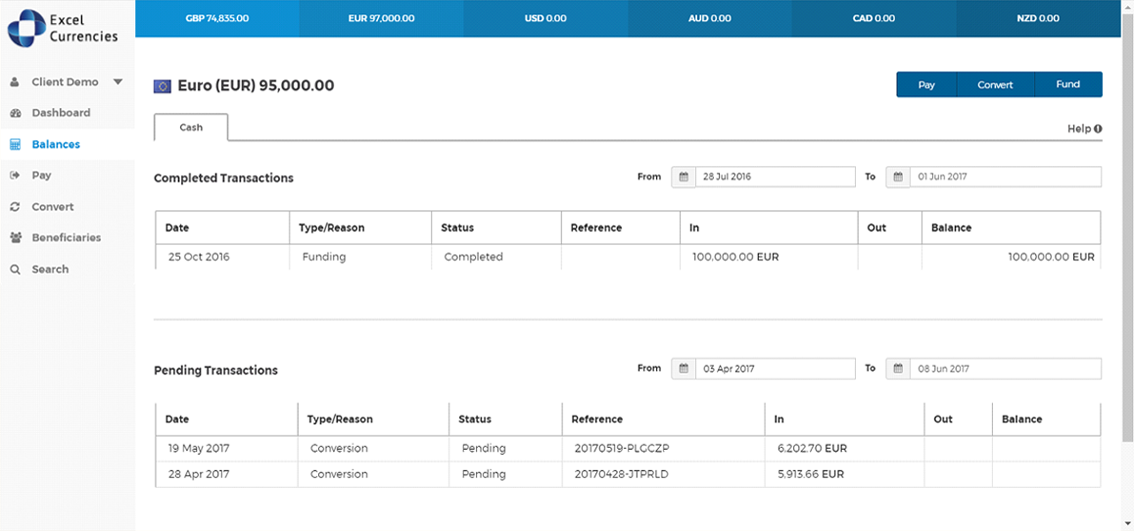Our accounting partner answers whether it's a good decision to bring your family into your company..
In the world of entrepreneurship, the decision to bring family members into your business is a crossroads many business owners face. On one hand, the idea of working closely with those you trust and hold dear can be appealing; on the other, the potential pitfalls can stammer the decision.
Pros:
Built-in Trust: Family relationships are often grounded in trust, a cornerstone of any successful business. Having implicit trust in your team can foster a collaborative environment where everyone feels secure and supported.
Shared Values: Families typically share common values and goals. Aligning your business with these intrinsic principles can create a unified front, promoting a cohesive vision and mission.
Loyalty and Commitment: Family members are likely to have a deep commitment to the success of the business, driven by a sense of loyalty and shared responsibility. This dedication can translate into long-term stability and resilience.
Understanding Each Other's Strengths: Families often have an intimate understanding of each other's strengths and weaknesses. This knowledge can be leveraged to build a team where individuals complement each other, maximising efficiency.
Smooth Succession Planning: Bringing in family members can simplify the process of succession planning. If structured thoughtfully, it allows for a seamless transition of leadership from one generation to the next, preserving the business's legacy.
Cons:
Emotional Baggage: Mixing family dynamics with business matters can bring emotional baggage into the workplace. Personal conflicts may spill over into professional interactions, creating a potentially toxic work environment.
Limited Objectivity: Family members may find it challenging to maintain objectivity in decision-making processes, especially when emotions are involved. This lack of impartiality could hinder the company's ability to adapt to changing market conditions.
Potential for Nepotism: The perception of favouritism or nepotism can arise, causing resentment among non-family employees. Striking a balance between fair treatment and familial bonds is crucial to maintaining a harmonious workplace.
Inadequate Skill Sets: While family members might bring trust and commitment, they may not always possess the necessary skills for specific roles. Hiring solely based on familial ties can lead to gaps in expertise that hinder business growth.
Succession Disputes: Family businesses often grapple with succession disputes, as multiple family members may vie for leadership roles. Clear communication and strategic planning are essential to navigating these potential conflicts.
Conclusion
In the intricate tapestry of family and business, the decision to bring kin into your company is a profound choice laden with both promise and uncertainty.
We advocate for a thoughtful approach, where the benefits of trust, shared values, and commitment are maximised, while the potential drawbacks are mitigated through careful planning and open communication.
Balancing the delicate scales of family and business dynamics is an art, and with the right strategies, your family business can soar to new heights.
For help with your accounting needs and to see a quick transparent price list from our partner, please fill out the section to the right and they will be in touch with you shortly.

 Twitter
Twitter Facebook
Facebook linkedin
linkedin Google
Google








